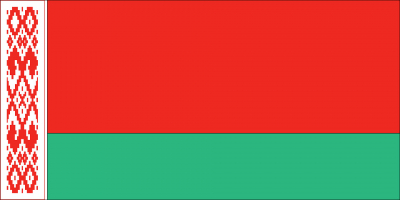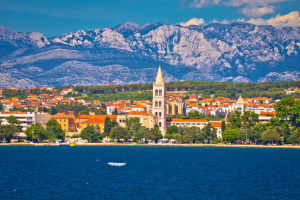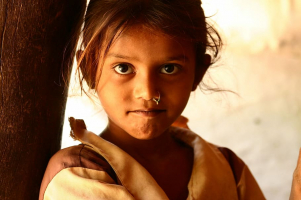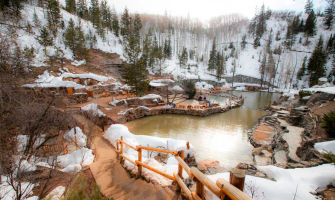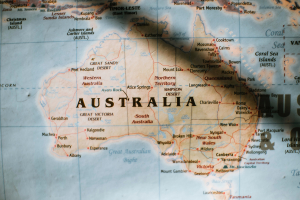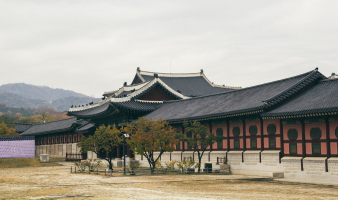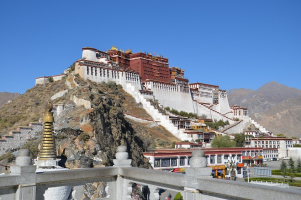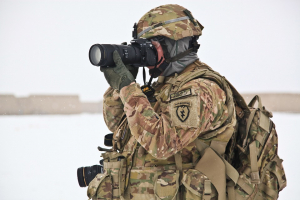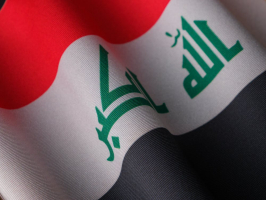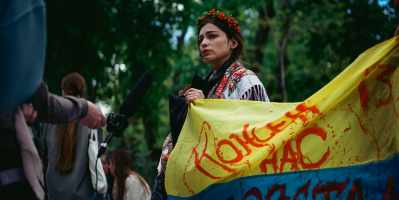Top 5 Reasons Why Azerbaijan Will Keep Attacking Armenia
Understanding that the conflict between Azerbaijan and Armenia is a complex issue with a long history of tensions and disputes is essential. The recent ... read more...conflict in Nagorno-Karabakh, which took place in 2020, resulted in a ceasefire agreement brokered by Russia, but tensions between the two sides remain high. Azerbaijan is determined to reclaim its lost territory, and it shows no signs of backing down. Here are a few reasons why Azerbaijan will keep attacking Armenia.
-
The territorial dispute over Nagorno-Karabakh has been a source of tension between Armenia and Azerbaijan for decades. The majority-Armenian region is internationally recognised as part of Azerbaijan, and the two countries have fought over it since the fall of the Soviet Union in 1991. The most recent outbreak of violence in 2020 has resulted in hundreds of casualties on both sides and displaced tens of thousands of people.
The dispute over Nagorno-Karabakh has been long and complex, with complex legal, historical, and religious dimensions. The dispute centres on the fact that Nagorno-Karabakh is an ethnic Armenian enclave in the Republic of Azerbaijan and that the local population is predominantly Armenian-speaking. The Armenian government believes it is their rightful territory and should be granted autonomy under international law. On the other hand, Azerbaijan claims that the region is a historical part of its territory.
Given the long and complex history of the conflict, Azerbaijan will continue to attack Armenia in an effort to gain control of Nagorno-Karabakh. This is because Armenia has refused to cede control of the region, and Azerbaijan feels it's their sovereign right to control the territory.
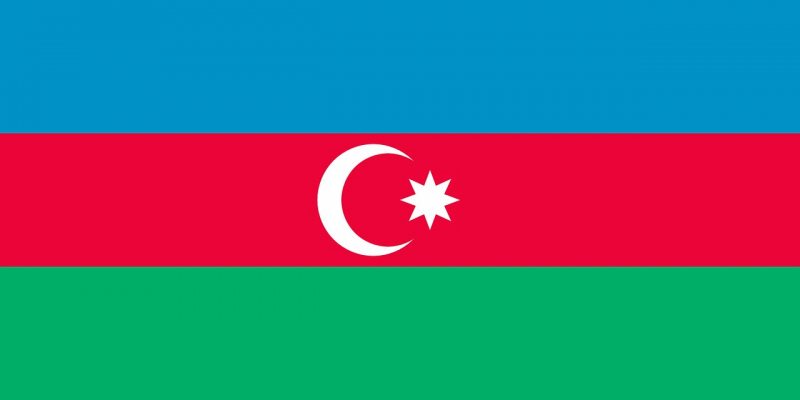
Photo by OpenClipart-Vectors on pixabay 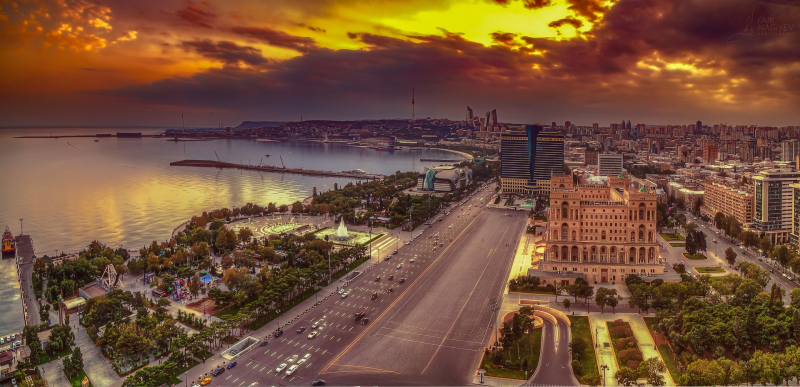
Photo by Faiknagiyev on /pixabay.com -
Turkey has actively supported Azerbaijan in its fight against Armenia over the disputed Nagorno-Karabakh region. Recently, the two countries have been engaged in an escalated military conflict, and Turkey has been a vocal supporter of Azerbaijan.
Turkey has offered strong diplomatic backing for Azerbaijan and also provided military aid and expertise. The country has sent military personnel to Azerbaijan to help train and advise the nation’s forces. Turkish warplanes and drones have also been deployed in Azerbaijan’s airspace to support combat operations.
Turkey’s support for Azerbaijan is a major factor in why Azerbaijan has been able to continue attacking Armenia despite the latter’s military strength. The Turkish presence in the region has helped to give Azerbaijani troops an edge in combat while simultaneously providing a buffer against potential external intervention. This has allowed Azerbaijan to maintain a degree of military superiority over Armenia.
Furthermore, Turkey’s vocal support for Azerbaijan has helped to rally international opinion in favour of the latter’s cause. The country has publicly denounced Armenia’s aggression and called upon other nations to help end the conflict. This has further strengthened Azerbaijan’s case in the eyes of the international community while also providing a sense of legitimacy to its actions.
Overall, Turkey’s support has been an essential factor in allowing Azerbaijan to keep attacking Armenia. The country has provided military aid, training, and expertise, while also giving Azerbaijan a diplomatic and public relations edge in the conflict. As long as Turkey continues to give its support, Azerbaijan will likely keep up its offensive against Armenia.
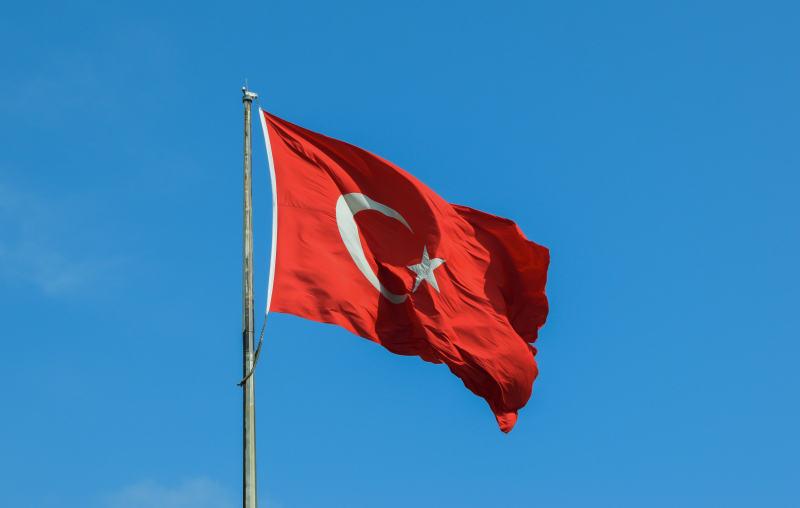
Tarik Haiga on Unsplash RealLifeLore -
Over the past few years, the conflict in Ukraine has highlighted a critical weakness in Russian foreign policy: its inability to intervene in a timely and effective manner in the region. This weakness has enabled the Government of Azerbaijan to continue attacking Armenia with impunity, as Russia has failed to take decisive action to protect its ally.
The Ukrainian conflict began in 2014 when the Government of Ukraine declared their intention to move closer to the European Union and away from Russian influence. In response, Russia annexed Crimea and fomented a separatist insurgency in eastern Ukraine. In response to Ukraine’s action, the US and EU imposed economic sanctions on Russia.
As a result, Russia has been unable to intervene effectively in the conflict in Ukraine and has been unable to protect its ally Armenia from continued aggression from Azerbaijan effectively. In April 2016, Azerbaijan launched a large offensive against Armenia in the Nagorno-Karabakh region, which resulted in hundreds of casualties on both sides.
Russia has repeatedly called for both sides to come to the negotiating table but has failed to intervene to prevent further violence effectively. This has led to a perception of Russian weakness in the region and has emboldened Azerbaijan to continue its campaign against Armenia.
FRANCE 24 English 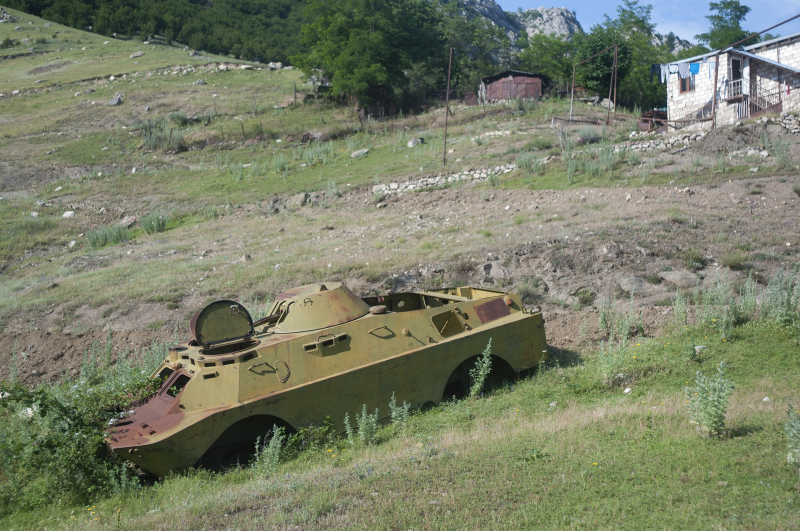
Photo by Vivianiharambe on pixabay -
Azerbaijan has a robust economy, which has been growing steadily in recent years. According to the World Bank, it was the fastest-growing economy in the world in 2018. This impressive economic performance, combined with a rapidly developing infrastructure, has enabled Azerbaijan to modernize its military and, ultimately, to embark on its current campaign against Armenia.
Azerbaijan’s strong economic performance is essentially a consequence of its oil and gas industry. Since the 1990s, the country has seen a significant increase in oil production, with the export of oil and gas now accounting for around 80% of the nation’s GDP. This provides the government with a large source of income, which in turn allows it to invest heavily in the military as well as in other areas, such as infrastructure, education, and social services.
All in all, Azerbaijan's economy relies heavily on oil and gas production, which accounts for more than half of the country's GDP. This reliance on oil and gas has been seen as a major factor in Azerbaijan's determination to continue attacking Armenia. The country's oil and gas reserves in the disputed Nagorno-Karabakh region could be developed, providing Azerbaijan with an economic boost. This has been seen as a major incentive for the country to continue its aggression against Armenia, as it would provide the country with much-needed economic development.
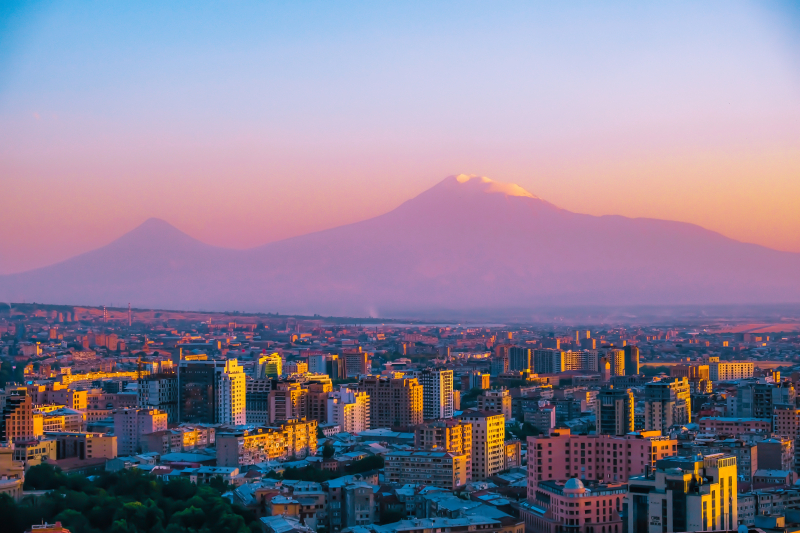
Photo by Levon Vardanyan on unsplash 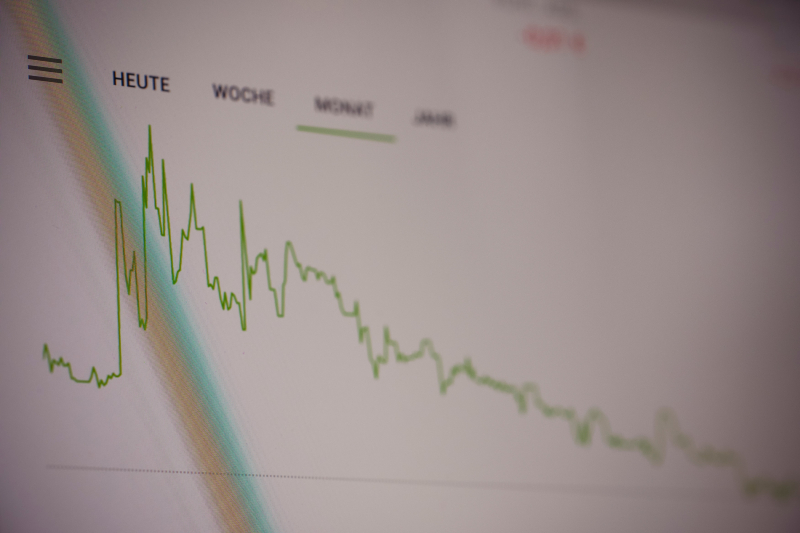
Photo by Markus Spiske on unsplash -
Azerbaijani domestic politics has been a significant factor in the ongoing conflict with Armenia. Since the fall of the Soviet Union, Azerbaijan has been engaged in a decades-long struggle with Armenia over the disputed Nagorno-Karabakh region. Although a ceasefire was declared in 1994, tensions between the two countries have remained high, and Azerbaijan is actively pursuing a military solution to the conflict.
Domestic politics in Azerbaijan is dominated by President Ilham Aliyev, who has held office since 2003. Aliyev has maintained a firm grip on power through a combination of repressive measures, including the suppression of dissent, the restriction of media freedoms, and the imprisonment of opposition activists. The regime is also accused of using violence to suppress anti-government protests and impose restrictions on civil society organizations.
Aliyev's government has used the conflict with Armenia as a pretext to maintain its grip on power. The government has used the conflict to justify its authoritarian policies, such as restrictions on media freedom and the imprisonment of journalists. It has also used the conflict to bolster its popularity by portraying itself as the defender of the nation against the “Armenian aggression.”
For these reasons, Azerbaijan’s domestic politics plays a significant role in the ongoing conflict with Armenia. The government has used the conflict to distract from its repressive policies, bolster its popularity, and deflect criticism from pressing domestic issues. It is clear that the conflict will continue to be a significant factor in Azerbaijani politics until these issues are addressed.
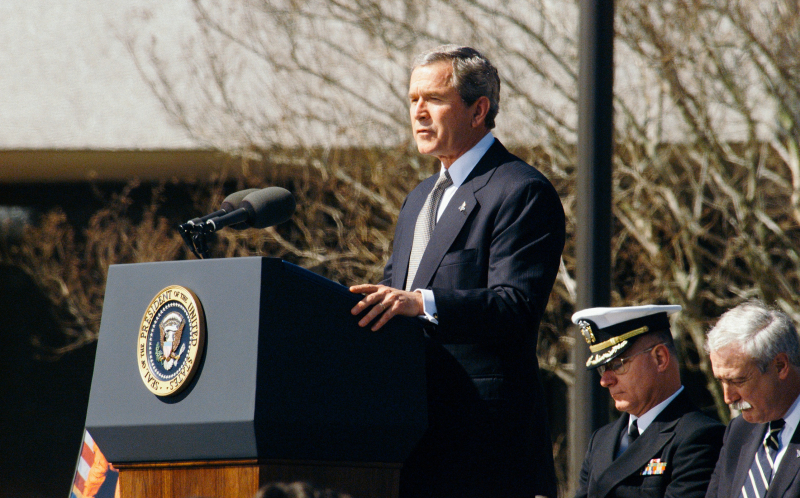
Photo by History in HD on unsplash DW News







